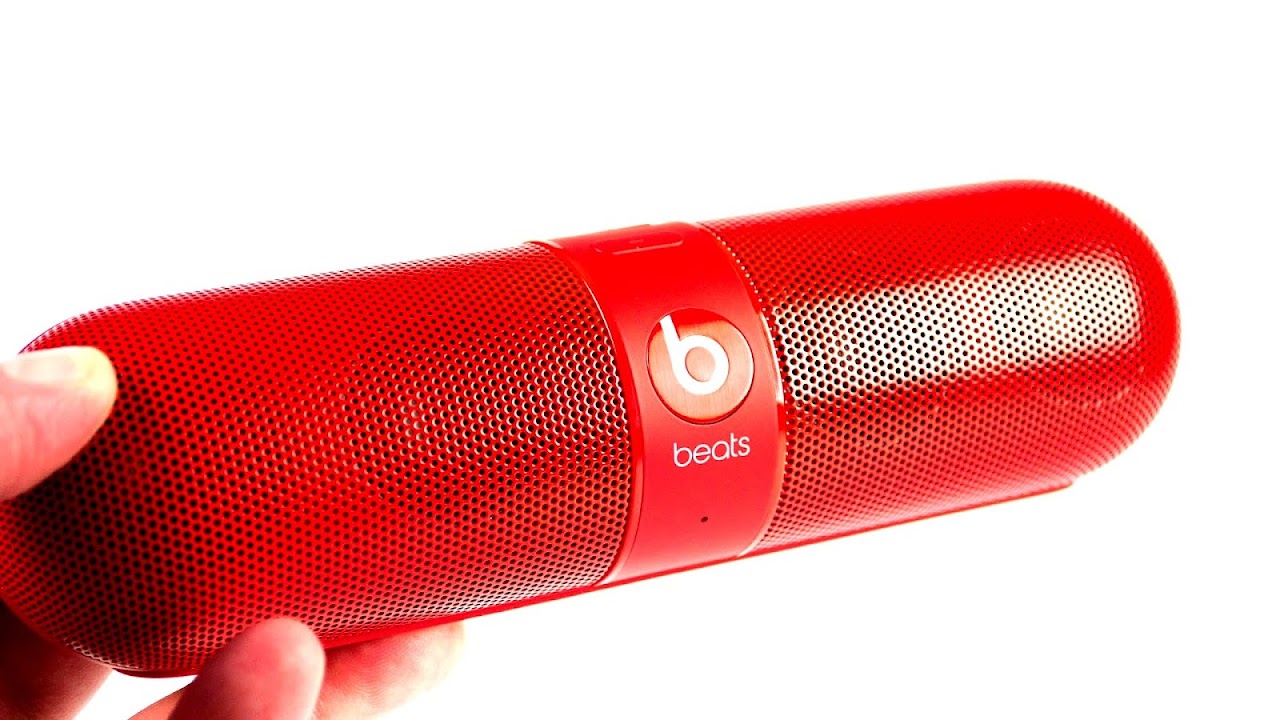
Budesonide (BUD), sold under the brand name Pulmicort among others, is a medication of the corticosteroid type. It is available as an inhaler, pill, nasal spray, and rectal forms. The inhaled form is used in the long-term management of asthma and chronic obstructive pulmonary disease (COPD). The nasal spray is used for allergic rhinitis and nasal polyps. The pills in a delayed release form and rectal forms may be used for inflammatory bowel disease including Crohn's disease, ulcerative colitis and microscopic colitis.
Common side effects with the inhaled form include respiratory infections, cough, and headaches. Common side effects with the pills include feeling tired, vomiting, and joint pains. Serious side effects include an increased risk of infection, loss of bone strength, and cataracts. Long-term use of the pill form may cause adrenal insufficiency. Stopping the pills suddenly following long-term use may therefore be dangerous. The inhaled form is generally safe in pregnancy. Budesonide is mainly acting as a glucocorticoid.
Budesonide was initially patented in 1973. Commercial use as an asthma medication began in 1981. It is on the World Health Organization's List of Essential Medicines, the most effective and safe medicines needed in a health system. Some forms are available as a generic medication. The wholesale price in the developing world for an inhaler containing 200 doses is about 5 to 7 USD as of 2014. As of 2015 the cost for a typical month of medication in the United States is 100 to 200 USD.

Maps, Directions, and Place Reviews
Medical uses
Asthma
Budesonide is nebulized for maintenance and prophylactic treatment of asthma including patients who require oral corticosteroids and those who may benefit from a systemic dose reduction.
Inflammatory bowel disease
Formulations of delayed-release Budesonide are an effective treatment for mild-to-moderately active Crohn's disease involving the ileum and/or ascending colon. A Cochrane review found evidence for up to 3 months (but not longer) of maintenance of remission Crohn's disease.
Budesonide assists in the induction of remission in people with active ulcerative colitis.
Budesonide is highly effective and 'drug of choice' in Microscopic Colitis
Allergic rhinitis
Nasal spray budesonide is a treatment for allergic rhinitis.

Side-effects
Budesonide may cause:
- Nose irritation or burning
- Bleeding or sores in the nose
- Lightheadedness
- Upset stomach
- Cough
- Hoarseness
- Dry mouth
- Rash
- Sore throat
- Bad taste in mouth
- Change in mucus
- Blurred vision
In addition, the following symptoms should be reported immediately:
- Difficulty breathing or swelling of the face
- White patches in the throat, mouth, or nose
- Irregular menstrual periods
- Severe acne
- On rare occasions, behavioral changes (mostly affecting children)

Contraindications
Budesonide is contraindicated as a primary treatment of status asthmaticus or other acute episode of asthma where intensive measures are required. It is also contraindicated for patients who have hypersensitivity to budesonide.

Mechanism of action
Budesonide is an agonist of glucocorticoid receptors. Among its effects are:
- Controls the rate of protein synthesis.
- Depresses the migration of polymorphonuclear leukocytes and fibroblasts.
- Reverses capillary permeability and lysosomal stabilization at the cellular level to prevent or control inflammation.
- Has a potent glucocorticoid activity and weak mineralocorticoid activity.

Dietary considerations
Those taking tablets or capsules orally should avoid grapefruit juice and echinacea.
- Grapefruit juice may double bioavailability of oral budesonide.
- Echinacea diminishes bioavailability.
Also, high fat meals delay absorption but do not impede absorption.

Pharmacokinetics
- Onset of action: Nebulization: 2-8 days; Inhalation: 24 hours
- Peak effect: Nebulization: 4-6 weeks; Inhalation: 1-2 weeks
- Distribution: 2.2-3.9 L/kg
- Protein binding: 85% to 90%
- Metabolism: Hepatic via CYP3A4 to two metabolites: 16 alpha-hydroxyprednisolone and 6 beta-hydroxybudesonide; minor activity
- Bioavailability: Limited by high first-pass effect; Capsule: 9% to 21%; Nebulization: 6%; Inhalation: 6% to 13%
- Half-life elimination: 2-3.6 hours
- Time to peak: Capsule: 0.5-10 hours (variable in Crohn's disease); Nebulization: 10-30 minutes; Inhalation: 1-2 hours; Tablet: 7.4-19.2 hours
- Excretion: Urine (60%) and feces as metabolites.

Brand names
Aeronide (TH); Aquacort (DE); B Cort (CO); Bronex (PH); Budair (MY); Budecort DP (MY); Budenofalk (DE, GB, HK, KP, PH, SG); Budeson (AR); Budeson Aqua (AR); BudeSpray (TH); Budiair (KP); Budicort Respules (IL); Bunase (TH); Clebudan (CN); Cycortide (HK); Denecort (PH); Duasma (TW); Eltair (MY); Entocort (AR, AT, BE, BR, CH, CZ, DK, FI, FR, GB, HK, IE, IL, IT, KP, NL, NO, PL, PT, SE, TR); Giona Easyhaler (MY, SG, TH); Inflammide (PE); Miflonid (CZ); Miflonide (BE, DE, IL, IT, NZ, PT); Neumocort (PY); Novopulmon (DE, FR); Pulmicon Susp for Nebulizer (KP); Pulmicort (AT, BE, BG, BR, CH, CL, CN, CO, CR, CZ, DE, DK, DO, EE, FI, FR, GB, GR, GT, HN, ID, IN, NI, NL, NO, PA, PK, PL, PT, RU, SE, SV, TR, TW, UY, VE, ZA); Pulmicort Nasal Turbohaler (CL, KE, MU, NG); Pulmicort Turbuhaler (KE, MU, NG); Rafton (FR); Rhinocort (AU); Rhinocort Aqua (HK); Rhinoside (GR); Symbicort (FR, US, ZA) Uceris (US)
Source of the article : Wikipedia


EmoticonEmoticon